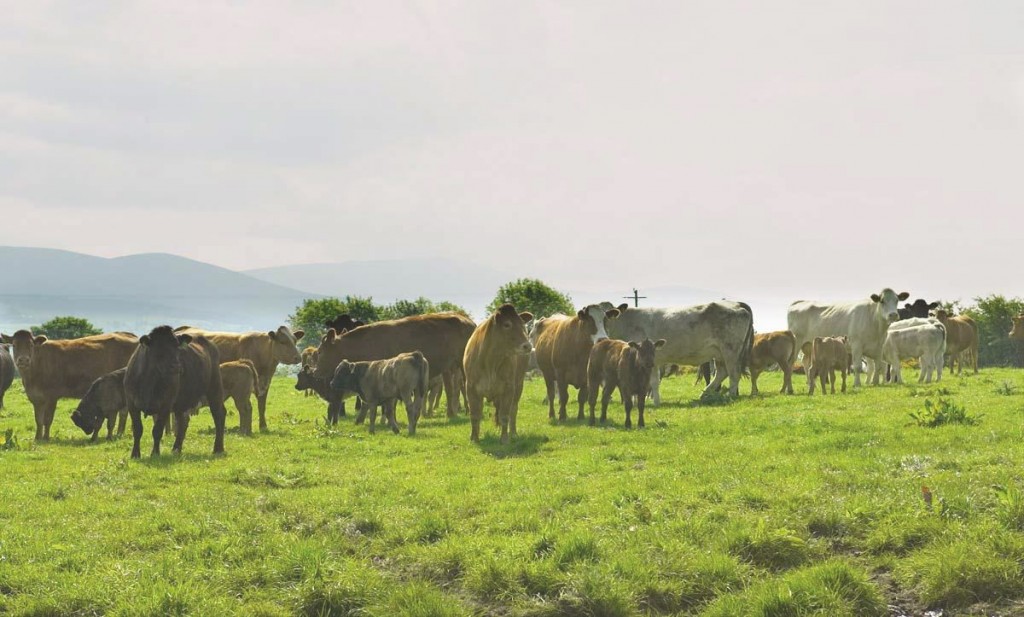Intensive farming linked to bovine TB
Intensive farming practices, including larger herd size, have been linked to a higher risk of bovine TB (bTB), research by the University of Exeter has concluded.
The study, published in the Royal Society journal Biological Letters, analysed data from 503 farms which have suffered a TB breakdown, alongside 808 control farms in areas of high TB risk.
It found that farms with herds of 150 cattle or more were 50 per cent more likely to suffer a bovine TB outbreak than those with herds of 50 or fewer.

Herds of 150 cattle or more are 50 per cent more likely to suffer a bTB outbreak than those with herds of 50 or fewer, according to the study.
Other intensive farming practices, such as maize growth, fewer hedgerows and the use of silage have also been linked to a higher risk of bovine TB. The feeding of silage was linked with a doubling of the risk in both dairy and beef systems.
Dr Fiona Mathews, associate professor in Mammalian Biology, who led the study, said: “This is the first large-scale study to link a range of landscape-scale habitat features and farming practices with bTB.
“TB is absolutely devastating for farming, and it’s essential that workable solutions are found. In the worst hit areas, farms are frequently affected over and over again with crippling consequences. If lower intensity production means better animal health, it offers a sustainable long-term strategy in high risk areas.”

 Lidl recalls chicken thighs
Lidl recalls chicken thighs
